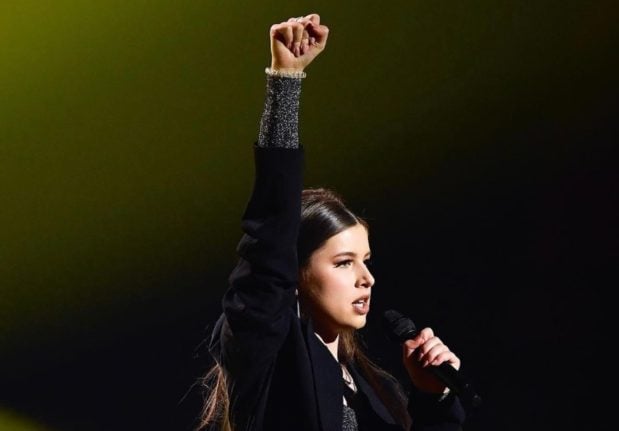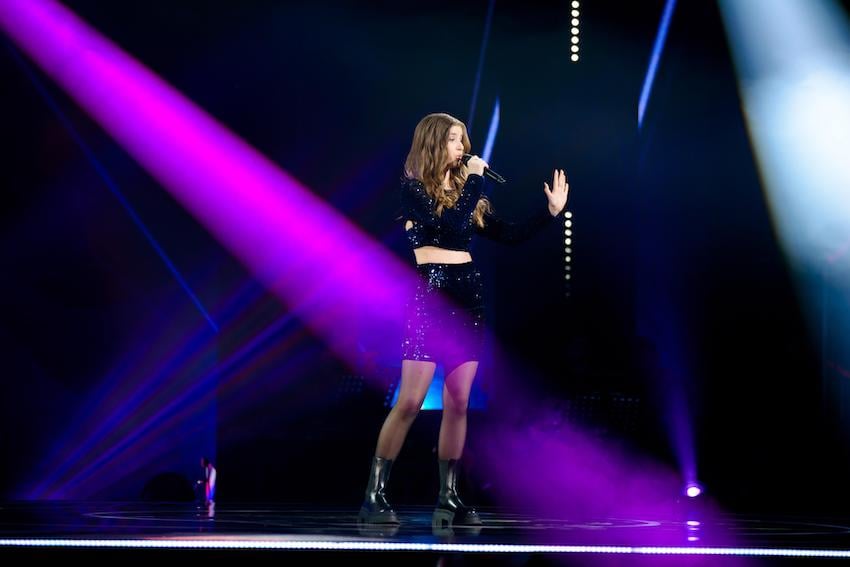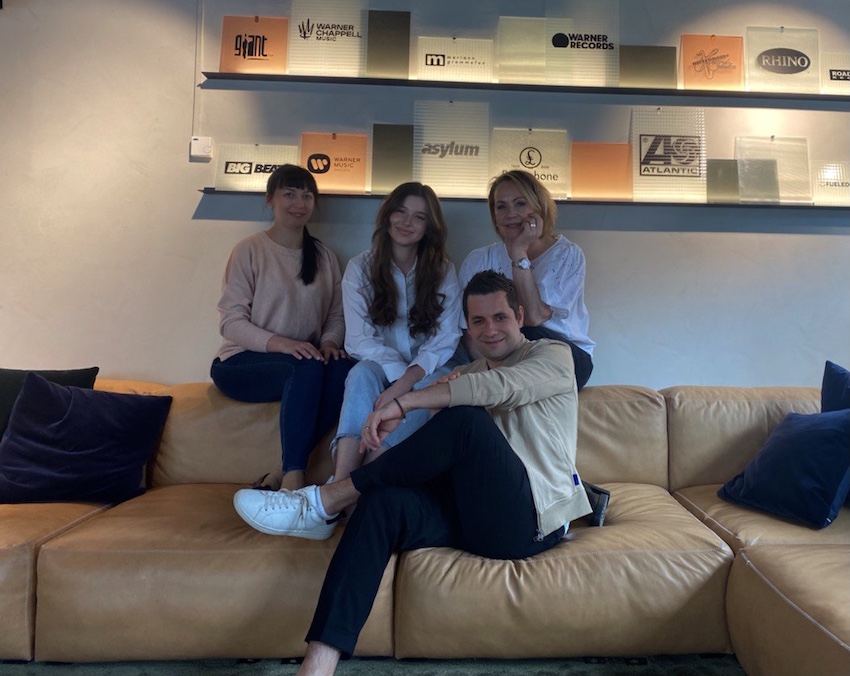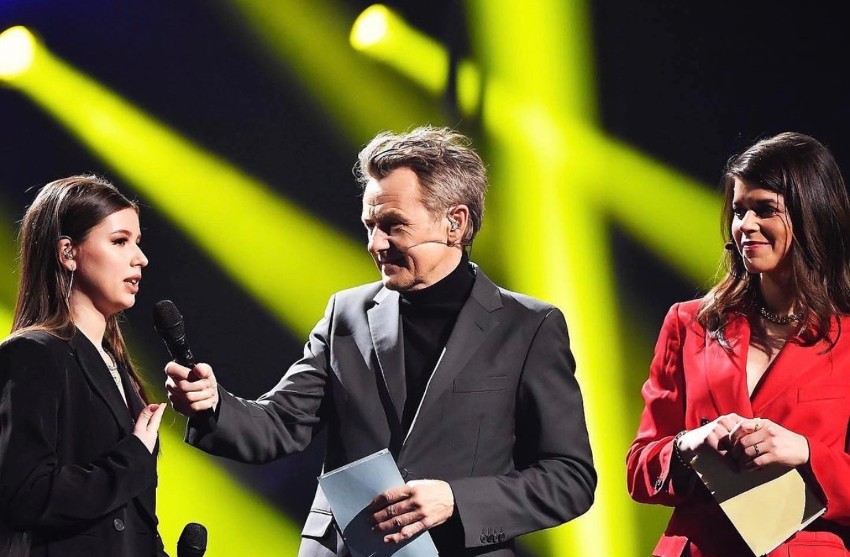Every Saturday in February Swedes will bunker up with snacks and drinks to follow the drama via their TV screens and vote for their favourite artists.
Since Sweden joined in the Eurovision Song Contest in its third year, 1958, the country has won four times (in 1974, 1984,1991 and latest in 1999).
This year the Swedish contest will visit Växjö (February 4th), Gothenburg (February 11th), Leksand (February 18th) and Malmö (February 25th) before the final takes place in Stockholm Globe Arena in March.
After that awaits the grand final in Baku, Azerbaijan, where the International Eurovision Song Contest will take place between 22nd and 26th of May.
This year’s Swedish competition is looking to be even more dramatic than usual. Not only will the so called “postcards”, the introduction of the artist before singing the song, be live, showing the artist as he/she gets ready to get up on stage but some of the absolute giants from the Swedish contest’s past have gathered to compete.
Among these are Charlotte Perelli (neé Nilsson) the last Swede to win the Eurovision Song Contest (in Israel 1999), the group Afro-Dite which represented Sweden back in 2002, heartthrob Danny Saucedo, who ended up in second place last year and the competition’s doyenne Lotta Enberg, who last won Melodifestivalen in 1987, teaming up with Christer Sjögren, one of Sweden’s most beloved “dance band”-singers.
But it isn’t just Melodifestivalen greats that will take the stage this year.
To the surprise of many, controversial Swedish actor/director Thorsten Flinck, known in Sweden for his flair for the shocking, has entered the fray, despite only having released two rock-albums with his brother back in the 1970s.
Another unexpected participant is Swedish author Björn Ranelid, an established member of the Swedish cultural elite and frequent participant in debates, who is teaming up with pop singer Sara Li, singing lyrics penned by Ranelid himself.
There is no doubting the upcoming musical bonanza will once again bring some laughs, warmth as well as fierce debate to the Swedish viewers this February.
Melodifestivalen is, after all, about standing out; about controversy…and about musical acts of all shapes and sizes. Usually, there’s something for everyone.
Julie Blomberg Gudmundsson







 Please whitelist us to continue reading.
Please whitelist us to continue reading.
Member comments